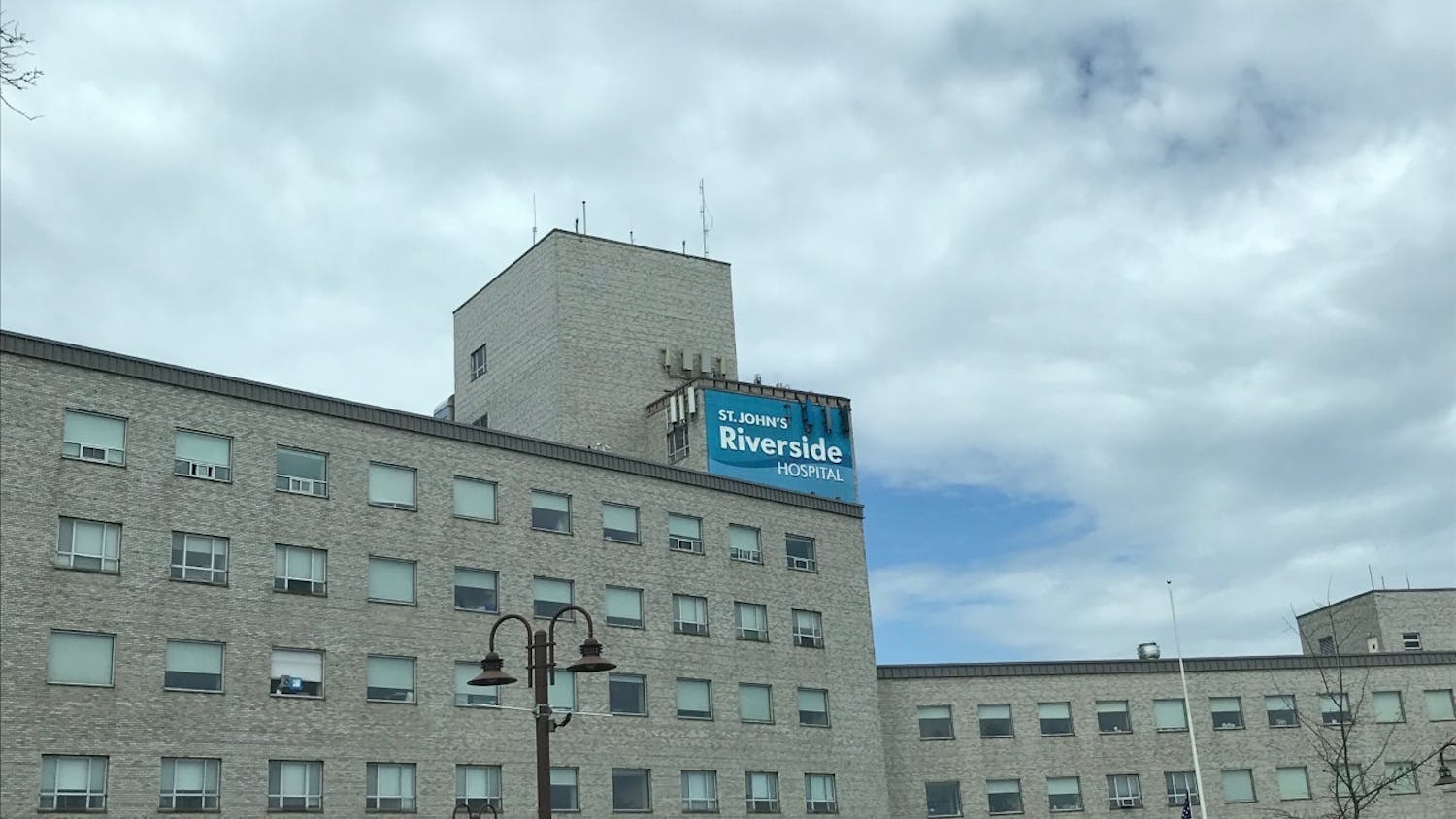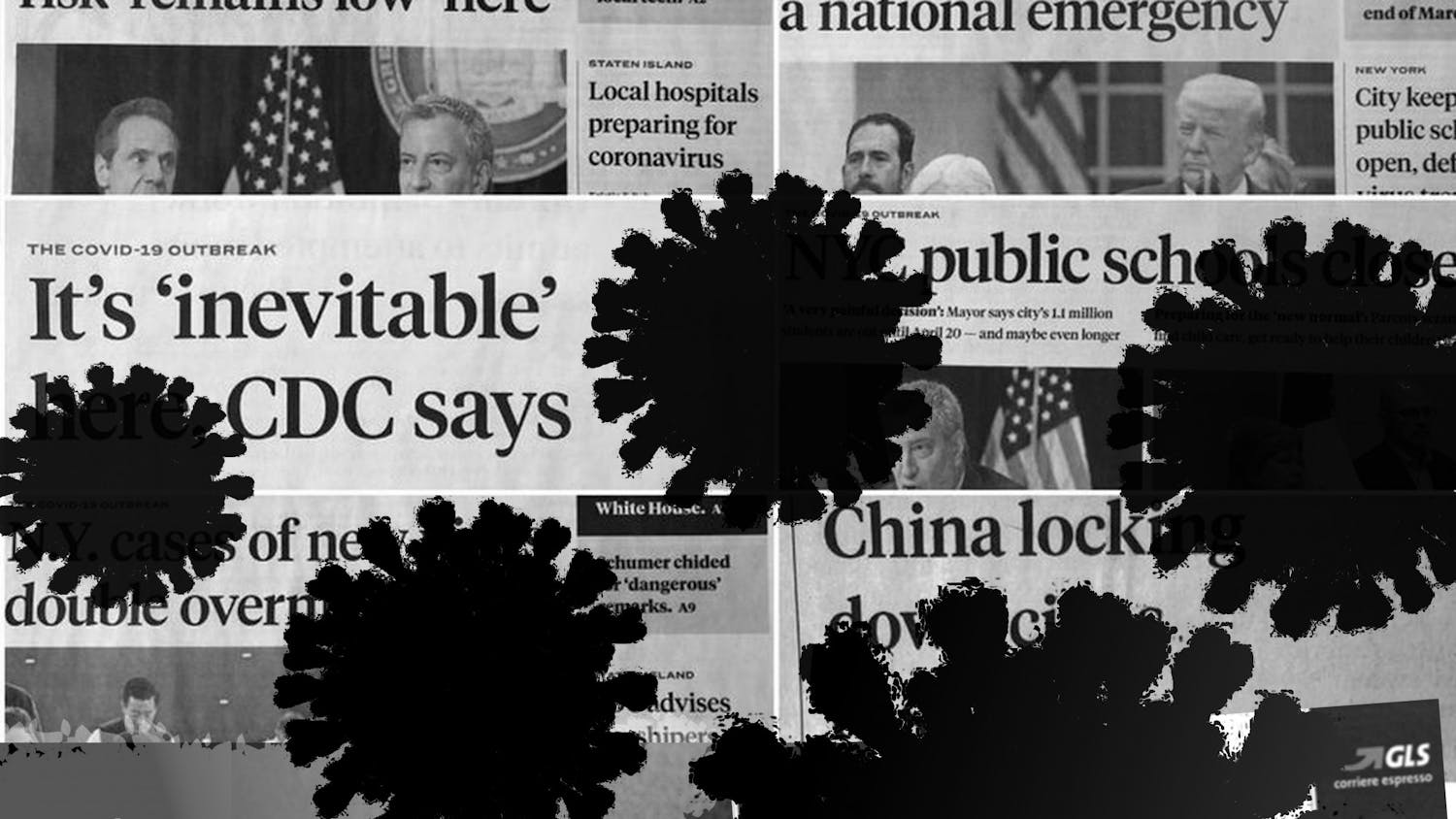Social distancing imposes tremendous costs on all of us. Colleges shut down, students stay home, employers go bankrupt, salaries dry up, economies free fall and governments lose trillions. Still, the coronavirus continues to spread faster than authorities can keep up with.
In the past weeks, it has become painfully clear that a national quarantine is not a sustainable or sufficient response to America’s coronavirus outbreak. There is a present need for healthy Americans to return to work. But at the same time, we cannot allow the coronavirus to spread unchecked and threaten the lives of millions. Luckily, Americans do not have to make an impossible choice between public health and national prosperity. America’s technological and industrial sector can beat this virus and return the country to a state of normalcy. Through federal investment in the national capacity for coronavirus testing and the deployment of contact-tracing technology, the U.S. can save millions of lives and allow Americans to return to their regular lives.
Developed nations like Sweden and Japan stand as testament to the unfortunate fact that increased social interaction without a commensurate increase in testing and tracing will cost both lives and economic output. After the World Health Organization declared a coronavirus pandemic, both nations actually saw a marked and sustained increase in social interaction. Unsurprisingly, coronavirus infection rates exploded beyond those of peer nations committed to national quarantines. Yet these weak social distancing policies failed to prevent sharp economic contractions in both nations.
These examples show the danger of relaxing social distancing policies without accompanying efforts to identify and isolate coronavirus carriers. Simply ending social distancing will exact a severe human cost. But maintaining it indefinitely is near-intolerable; Americans can’t afford to put their lives and economy on hold for months on end. As pressure to end social distancing mounts, America should learn from the mistakes of Sweden and Japan by pairing its easing of quarantine measures with counterbalancing interventions that identify and isolate coronavirus patients.
America’s crucial first step must be investing in the test kit factories and lab testing infrastructure needed to offer periodic coronavirus tests to every single American. Authorities need this robust infection data to identify, isolate and treat coronavirus patients. This data cannot be generated by a selective or one-time testing policy because one in four coronavirus carriers are asymptomatic, and one in three coronavirus patients receive false negatives on coronavirus tests. Universal, repeated coronavirus testing would maximize public data on mild and asymptomatic cases while optimizing America’s reaction time to new coronavirus cases. This testing would serve to cut the virus’ exponential spread while boosting consumer confidence.
Nobel-winning economist Paul Romer estimates that the factory conversions and laboratory upgrades necessary to test on this scale would cost about $100 billion. However, this cost pales in comparison to the $5 trillion predicted to be lost from 2020 American GDP in the case of continued social distancing, and the years of on-and-off quarantines Americans would face if the coronavirus were to entrench itself as a seasonal disease. As such, political leaders must provide the capital and coordination needed to rally American factories and laboratories behind a policy of universal, repeated coronavirus testing.
This muscular testing policy could quickly get most Americans back to work if combined with contact-tracing technologies produced by Big Tech. Software currently under development by Apple and Google — who jointly command a 99 percent market share in mobile operating systems — will be able to identify and notify individuals that contact known coronavirus patients. While testing identifies infected individuals, tracing would identify infected social networks. These at-risk communities could then be quickly directed to necessary care before anyone could develop severe symptoms or infect the general populace. Combined with universal testing, contact tracing could make it possible to isolate almost all high-risk coronavirus carriers from the general populace. Testing and tracing would make it possible to replace a porous, nationwide quarantine with one that is focused watertight and promises to dramatically reduce domestic coronavirus transmissions.
As Apple and Google already agree, any data collection policy of this scope must also include strenuous safeguards for privacy rights. Even still, some would certainly object to the mandatory coronavirus testing and mass quarantines of test-and-trace as violations of civil liberties. It should be remembered, however, that coronavirus kills — citizens share moral and legal obligations to take reasonable precautions against causing wrongful death, and against the massive toll that a sustained policy of social distancing would exact. Testing and tracing empowers citizens to take reasonable precautions, eliminating the injustice of preventable death while providing the security needed to restore the civil liberties of a nation languishing in house arrest. Test-and-trace may be the lesser of two evils.
Those mindful of civil liberties should remember that the central purpose of test-and-trace is to safely restore the civil liberties of an entire nation that currently exists trapped inside houses and unable to so much as meet with friends. Social distancing bought America time, but at a heavy cost. America should respect this sacrifice by seizing the moment to make big investments in the key initiatives that can beat coronavirus once and for all. With the full might of technology and industry behind it, America can overcome this virus. Let’s get to work.



